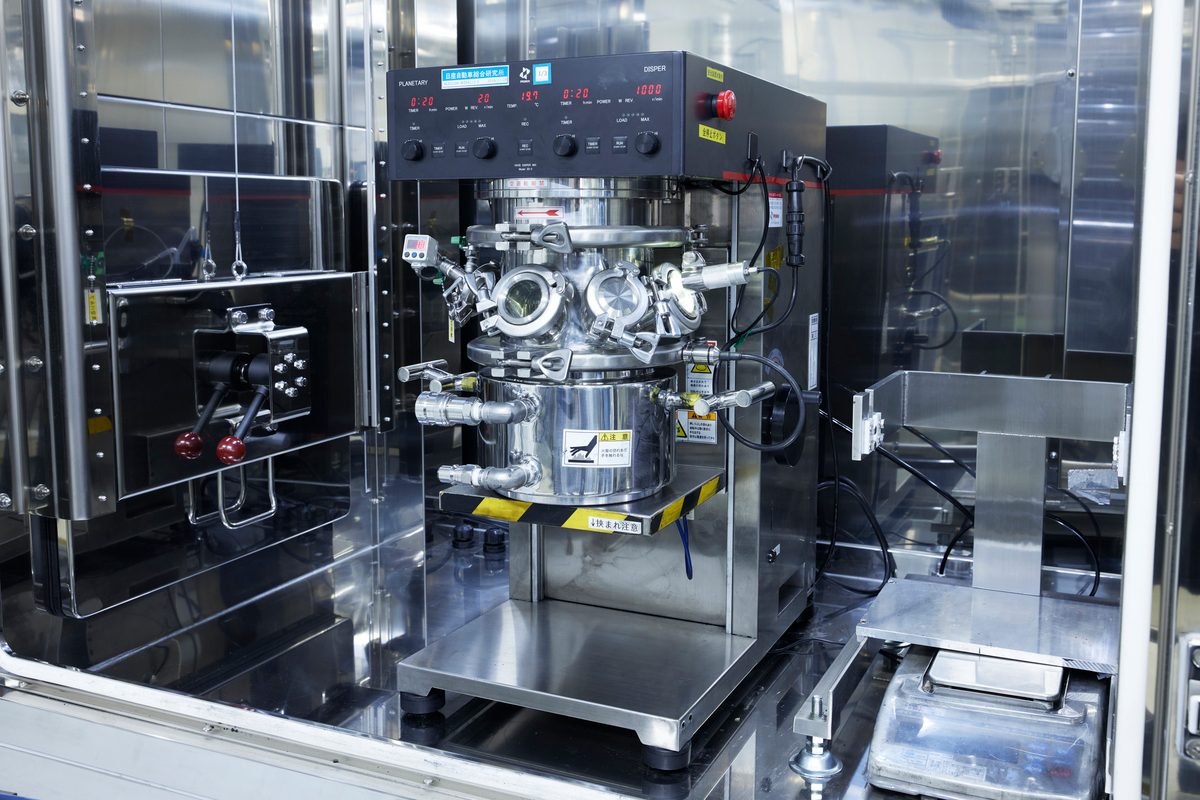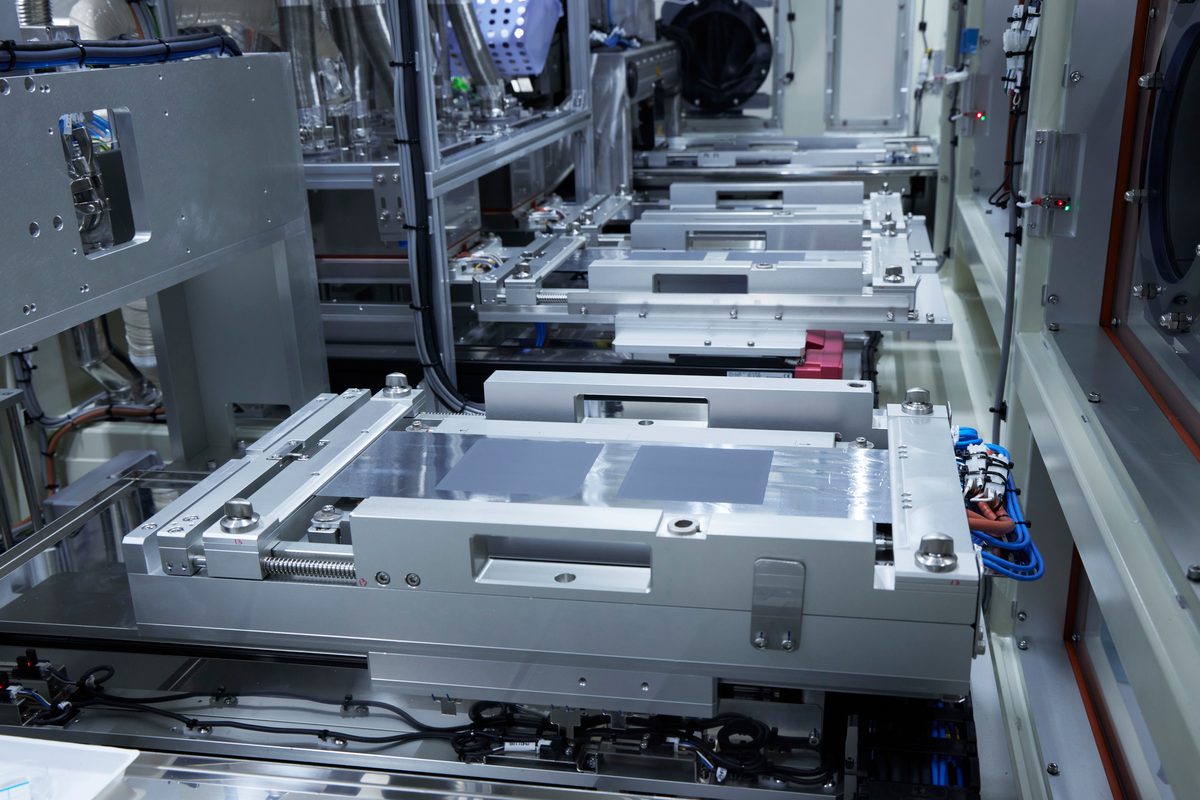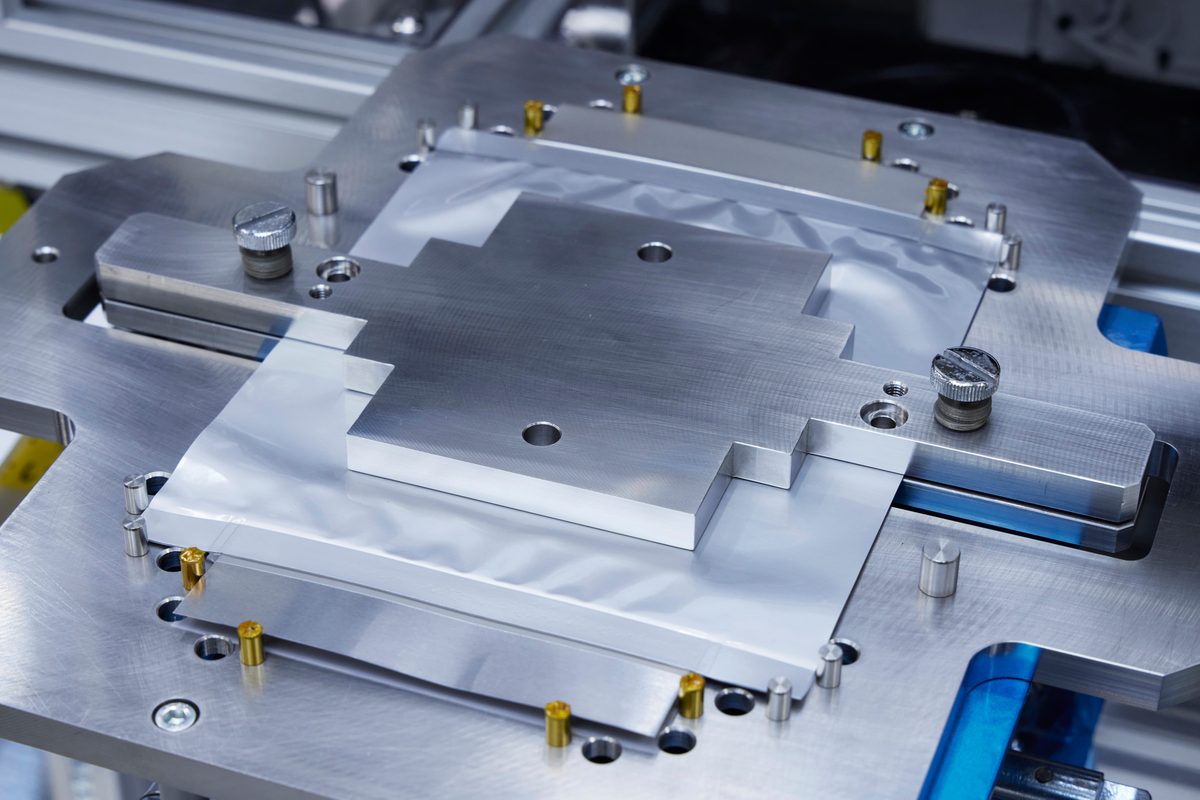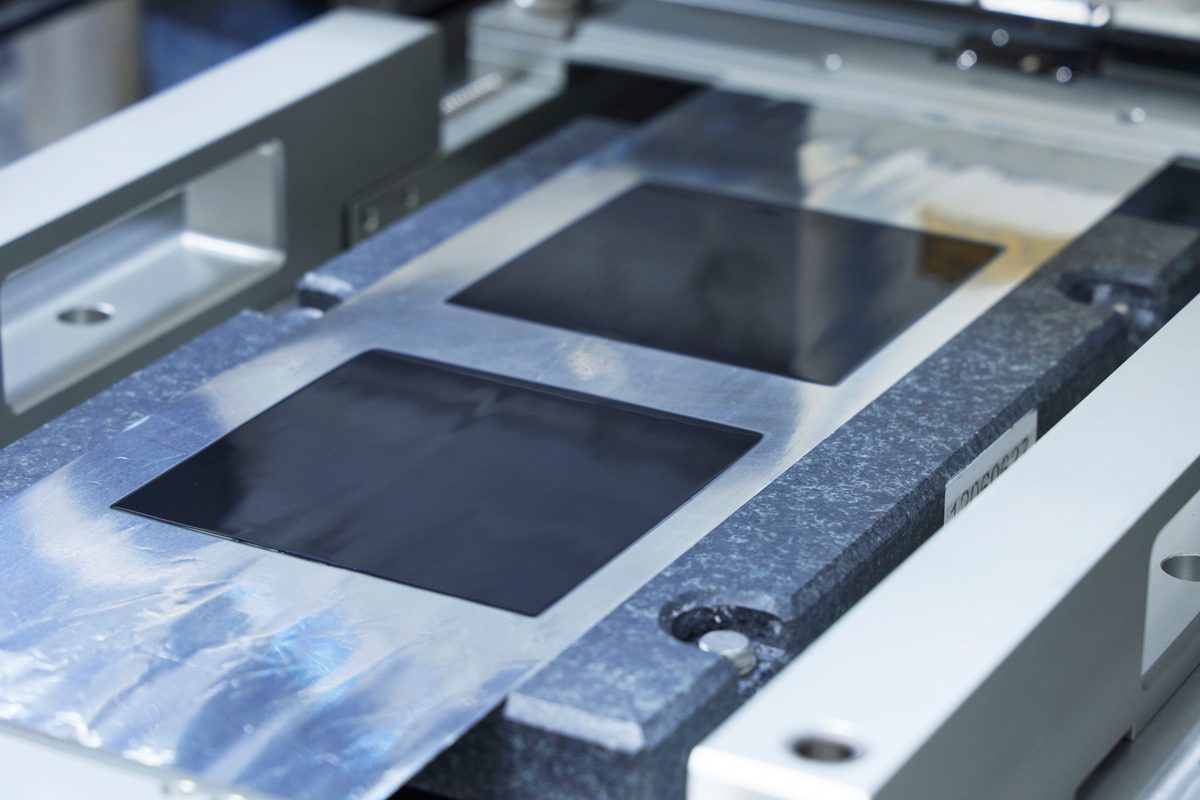Japanese automaker Nissan recently completed its prototype solid state battery production facility at its research centre. It is also building a pilot production line at its Yokohama Plant that should be completed this year. Eventually it plans to manufacture laminated solid state battery cells that the company will market in 2028.

Nissan was the first major car maker to launch a production EV, the Leaf, in 2010. But progress in the development of EVs by the big four Japanese manufacturers has slowed in the interim. That said, Nissan started building a prototype solid state battery production facility at its Research Centre in 2022. It suggested a pilot production line would be built at its Yokohama Plant in 2024. That is now happening.

As to the technology itself Nissan indicates its solid state devices will double the energy density of conventional lithium-ion batteries. Moreover, they will offer a significantly shorter charging time due to improved charge and discharge performance.
Atop all that, the new batteries should also cost less to produce. Not only are components cheaper but Nissan is also developing a “giga-press” manufacturing facility that should lower the cost of production further.

A company spokesperson said that Nissan plans to use the new solid state batteries in a range of vehicle segments, including utes. Solid state batteries are expected to be industry-changing technology that will accelerate the popularity of electric vehicles.
The company claimed in early 2022 that the cost of solid state batteries could be reduced to $US75/kWh in 2028, and even further thereafter which would allow EVs to compete on cost with gasoline-powered vehicles.

A technical expert commented “The knowledge gained from our experience supports the development of solid state batteries. We have accumulated important elemental technologies. Going forward, our R&D and manufacturing divisions will continue to work together to utilize this prototype production facility and accelerate the practical application of solid state batteries.”


